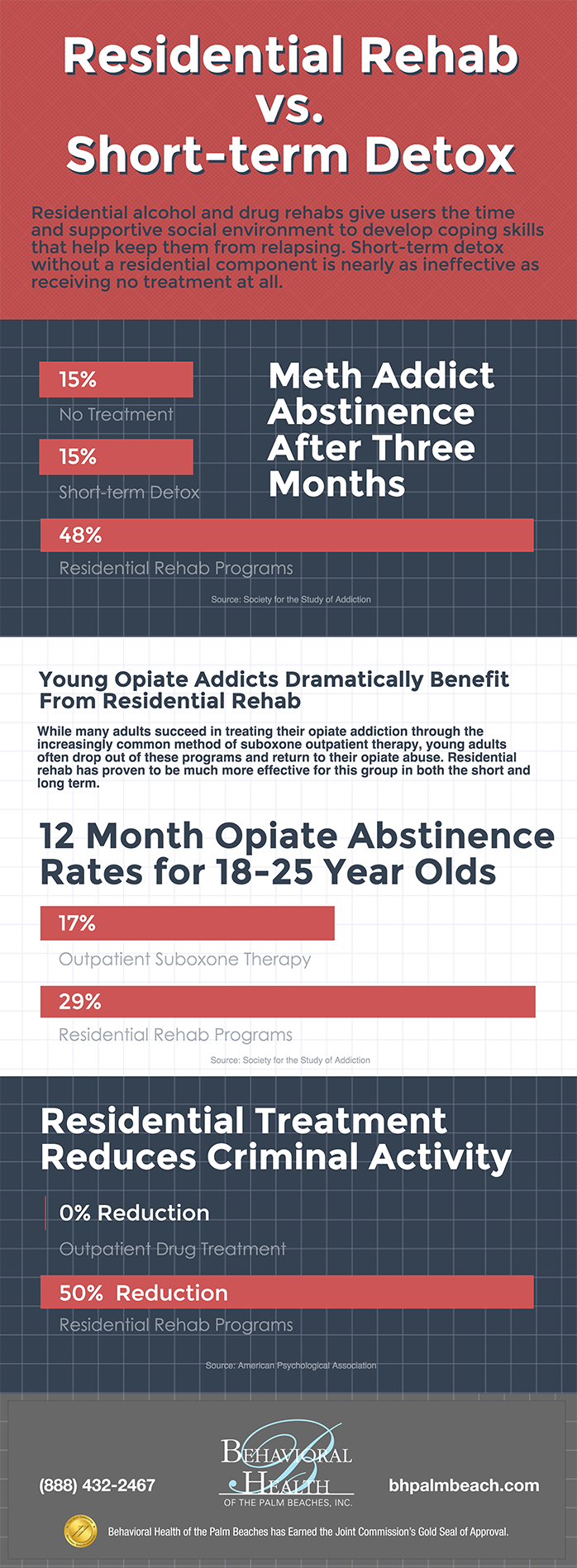Defeating Embarassment And Sense Of Guilt In Drug Rehab: Damaging The Stereotypes
Defeating Embarassment And Sense Of Guilt In Drug Rehab: Damaging The Stereotypes
Blog Article
Write-Up By-Burke Waller
You're not alone in the struggles you deal with, and dealing with the stigma surrounding pity and guilt in Drug rehab is the very first step towards reclaiming your life. By discovering the roots of these emotions and finding out to navigate them in an encouraging setting, you can lead the way for true healing and growth. Keep tuned to find how breaking without the weight of shame and sense of guilt can open a path to self-acceptance and a future loaded with assurance and positivity.
The Effect of Shame and Regret
Experiencing pity and sense of guilt can significantly impede your progression in Drug rehab by producing obstacles to self-acceptance and healing. When you carry the weight of shame for past actions or guilt for the influence of your addiction on loved ones, it can be challenging to move forward. These feelings may bring about reduced self-esteem, making it difficult to rely on your capacity to change and recover.
Embarassment and shame can also sustain negative idea patterns, reinforcing the idea that you're unworthy of help or redemption. This can avoid you from totally taking part in the recuperation procedure and looking for assistance when needed. Read Home Page of judgment from others or the worry of encountering your own emotions may lead you to prevent needed discussions or therapy sessions.
Recognizing and addressing these sensations is essential for your recovery journey. By overcoming your pity and regret in a secure and supportive atmosphere, you can begin to grow self-compassion and mercy. This change in frame of mind can empower you to embrace the healing procedure with a newfound feeling of hope and resolution.
Techniques for Healing and Improvement
To promote your recovery and improvement in Drug rehab, executing effective approaches is crucial. One essential approach is to proactively participate in therapy sessions. By getting involved wholeheartedly in individual and group treatment, you can resolve underlying concerns, find out dealing systems, and obtain support from experts and peers.
One more crucial technique is to prioritize self-care. This consists of getting sufficient rest, eating nutritious meals, and engaging in exercises that promote health. Furthermore, exercising mindfulness and meditation can help you stay existing and take care of desires or causes properly.
Setting realistic goals and celebrating tiny victories in the process can likewise contribute substantially to your recovery trip. By breaking down your healing process into manageable steps, you can maintain inspiration and track your progress.
Moreover, bordering on your own with a positive support group of good friends, family, or fellow people in recovery can supply inspiration and liability. Bear in mind, everyone's course to recovery is unique, so it's essential to find techniques that resonate with you personally and adjust them as required to foster lasting improvement.
Accepting a Life of Sobriety
Accept soberness as a new phase in your life, filled with chances for growth and gratification. Making the decision to live a sober life is a courageous action towards a brighter future. By picking soberness, you're selecting to prioritize your well-being and recover control over your life. It might appear discouraging initially, yet bear in mind that everyday sober is a day of progression and toughness.
As https://blogfreely.net/harley356loren/looking-for-therapy-for-drug-dependency-is-critical-for-breaking-devoid-of embrace sobriety, border yourself with supportive and understanding people who uplift and urge you on this journey. Participate in tasks that bring you delight and gratification, helping you uncover the appeal of life without compounds. Accepting a life of soberness isn't about deprival but about empowerment. It opens doors to brand-new opportunities and allows you to connect with your authentic self.
Celebrate each landmark in the process, no matter exactly how little, as they indicate your durability and decision. Remember, sobriety is a gift you offer on your own, resulting in a life filled with clearness, function, and countless potential.
Conclusion
To conclude, breaking the stigma surrounding shame and shame in Drug rehabilitation is important for personal development and healing. By resolving these feelings head-on, exercising self-care, and welcoming soberness as a brave choice, individuals can change their lives and uncover joy and objective.
With a favorable support group and a commitment to self-improvement, overcoming embarassment and shame leads the way for empowerment and a meeting, sober future.
